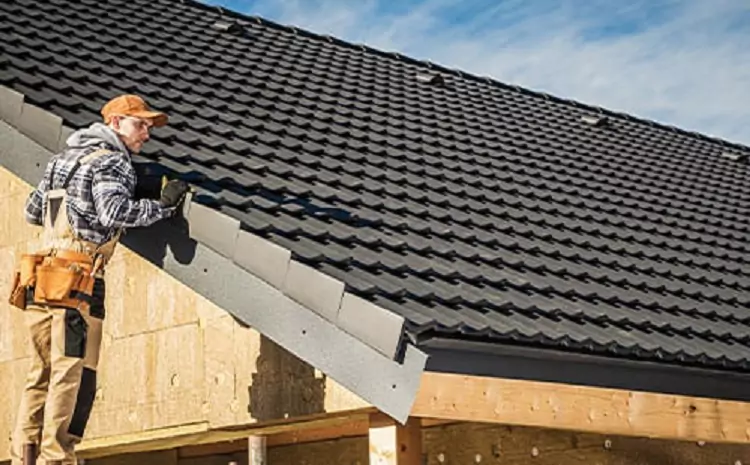Roof repair is an essential aspect of home maintenance that ensures the safety, comfort, and value of your property. However, timing your roof repair correctly can significantly affect the quality and efficiency of the work. Different seasons offer various advantages and challenges for roof repair projects. This article will explore the best times of the year for roof repair, considering factors like weather conditions, availability of contractors, and cost-effectiveness. For those in specific locations, understanding the local climate is crucial. For instance, residents looking for Roof repair in Glenview should take into account regional weather patterns and contractor availability.
Spring: A Season of Renewal
Advantages:
- Moderate Weather: Spring offers mild temperatures and relatively stable weather conditions, which are ideal for roof repair. The moderate climate reduces the risk of heat-related issues that can affect both workers and roofing materials.
- Early Detection: Spring is an excellent time to assess and repair any damage that may have occurred during the harsh winter months. Addressing issues early can prevent further deterioration and more costly repairs down the line.
Challenges:
- Rain: Spring showers can be unpredictable and frequent, potentially causing delays in roof repair projects. It’s essential to monitor weather forecasts and plan accordingly to avoid disruptions.
Summer: Warm and Dry
Advantages:
- Consistent Weather: Summer typically provides the most consistent weather conditions, with fewer chances of rain. This consistency allows roofing contractors to work efficiently without weather-related interruptions.
- Longer Days: Extended daylight hours in summer enable roofing crews to work longer hours, potentially completing projects more quickly.
Challenges:
- Heat: High temperatures can pose challenges for both workers and materials. Extreme heat can cause asphalt shingles to become soft and more susceptible to damage during installation. Workers may also need to take more frequent breaks to avoid heat-related illnesses.
- Busy Season: Summer is a peak time for roof repairs and installations, meaning contractors may be booked well in advance. This high demand can lead to longer wait times and potentially higher costs.
Fall: The Optimal Season
Advantages:
- Ideal Temperatures: Fall is often considered the best season for roof repair due to its moderate temperatures. The cool weather is comfortable for workers and optimal for the performance of roofing materials.
- Preparation for Winter: Repairing your roof in the fall ensures that your home is well-prepared for the upcoming winter months. Addressing any issues before the harsh weather sets in can prevent leaks, ice dams, and other winter-related roofing problems.
Challenges:
- Shorter Days: As fall progresses, daylight hours decrease, which can limit the working time available each day. Planning and efficient project management are crucial to ensure timely completion.
Winter: A Season of Necessity
Advantages:
- Emergency Repairs: Sometimes, roof repairs cannot wait. Winter may not be ideal for planned projects, but it is necessary for emergency repairs to address leaks or storm damage.
- Contractor Availability: Since winter is generally a slower season for roofing contractors, you may find it easier to schedule repairs and potentially negotiate better rates.
Challenges:
- Weather Conditions: Cold temperatures and winter storms pose significant challenges for roof repair. Ice and snow can make roofs slippery and hazardous for workers. Additionally, cold weather can affect the performance of roofing materials, making them more brittle and harder to work with.
- Temporary Fixes: Due to the challenges posed by winter weather, some repairs may be temporary solutions until a more comprehensive repair can be performed in milder conditions.
Conclusion
The best time for roof repair depends on a variety of factors, including weather conditions, contractor availability, and the urgency of the repair. While fall is generally considered the optimal season due to its moderate temperatures and preparation for winter, spring and summer also offer favorable conditions with some planning considerations. Winter should be reserved for emergency repairs due to the inherent challenges of working in cold, unpredictable weather.
For those in specific regions, such as residents needing Roof repair in Glenview, it’s important to consider local weather patterns and the availability of experienced contractors. By choosing the right time of year for roof repair, homeowners can ensure that their projects are completed efficiently, safely, and with long-lasting results.

